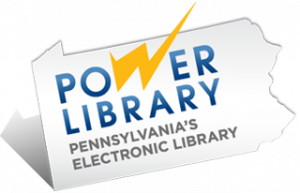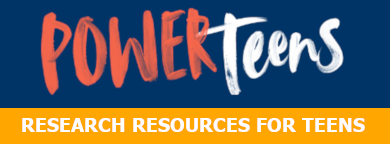SweetSearch.com
About this guide -
This guide will provide links and information to help you create your Digital Literacy project. If you need help finding information, just ask !
Destiny Quest Library Catalog
Destiny Library Catalog
Destiny Quest allows you to search for books, DVDs, audiobooks, ebooks, and even digital media that the district provides through all 8 of the Wilson libraries.
Gale Virtual Reference Library
World Book Online Encyclopedia
The World Book Online Encyclopedia is available with no login when your computer or mobile device is on school property. For home access, please ask Mrs. Allbee for the username and password or click on the password link on the LibGuide Homepage.
This searchable database is useful for quick access to accurate, reliable information. A full MLA citation for each article is at the bottom of each web page.
Interviews of WWII vets
Interviews of Vietnam War Vets
Interview Preparation & Questions
Preparing for the Interview
Background Reading: Start by writing down the facts of the topic.
Figure out the five “w’s:” who, what, when, where and why.
Start by writing your focus topic in the title box at the top of the page.
Types of questions:
In order to learn as much as possible from the interview experience you should write several questions that will encourage your subject to expand and explain their feelings and ideas. The second stage of questions should encourage your subject to dig deeper into the stories to explain why things happened and how they relate to other events. Below are some basic questions to help you get started.
Explanation Questions:
What caused this event...?
Why did this happen...?
What happened next...?
Explain the reason for...?
What conclusion can you draw...?
What is your point of view about...?
Can you describe the scene...?
Can you explain a photograph...?
Judgment Questions:
The last group of questions should offer your subject a chance to talk about the “big picture” by telling about what was good or bad, important or less important. These questions should be asked last because they allow the interview subject a chance to sum up and make conclusions. Remember that this is your subject’s opportunity to give his or her own opinion—you may or may not agree with the conclusions.
What was the happiest (funniest or saddest) memory?
What was your biggest accomplishment?
What actions would you change if you had a chance to re-live those years again?
What mistakes did people make during this period or event in history?
What should people today remember about this time/event?
Even with your best efforts some people may need some extra questions to encourage them to tell the full story. Don’t be afraid to ask for details or explanations.
Back up Questions:
Why was this important?
How did the story begin or end?
What else do you want to tell me about this?
What important question did I forget to ask you?
https://images.history.com/images/media/interactives/oralhistguidelines.pdf
Pixabay Images
Free Images you can use for your assignments!
*Make sure SAFE SEARCH is checked in Search Settings*











